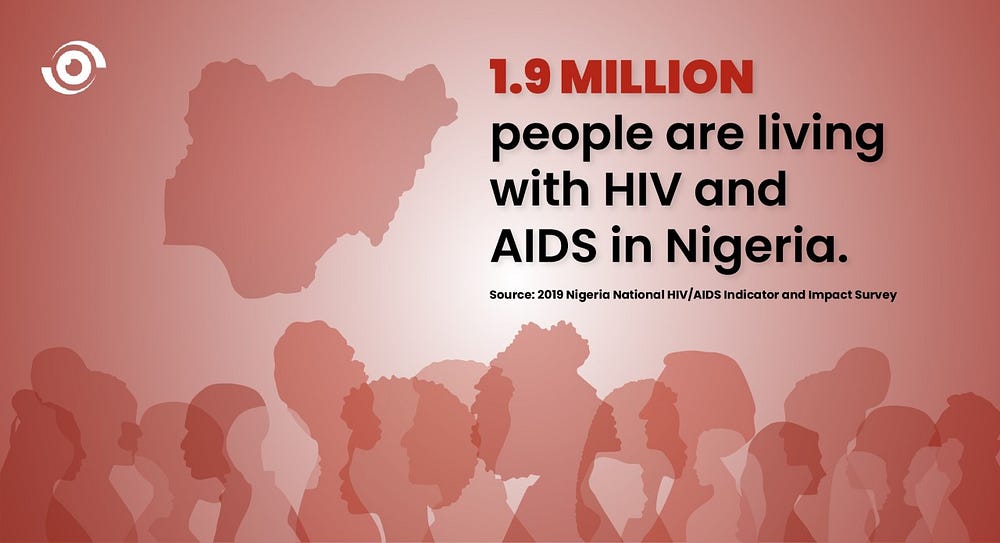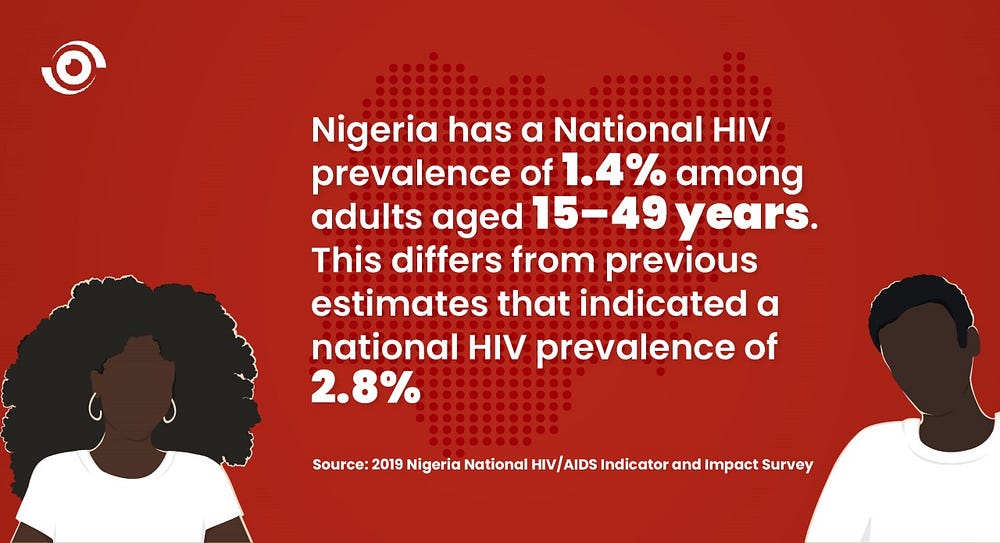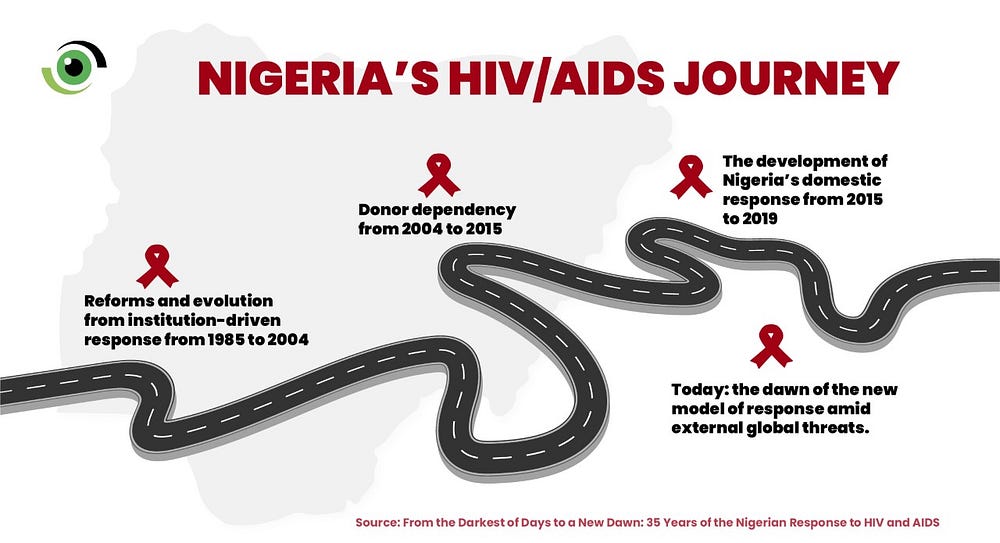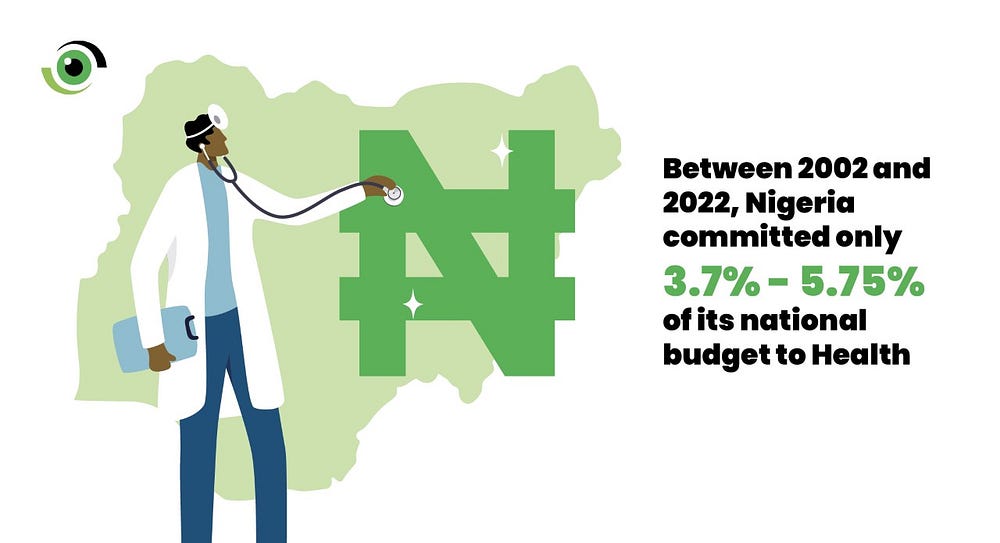Every first of December, the world unites to commemorate World AIDS Day, showing support for people living with HIV and remembering those who have died from AIDS-related illnesses. This year, as stakeholders come together to observe World AIDS Day 2022 under the theme ‘Equalize’, the World Health Organization (WHO) is calling on global leaders and citizens to boldly recognise and address the inequalities which are holding back progress in ending AIDS; and equalize access to essential HIV services
.
The “Equalize” slogan is a call to action. It is a prompt for practical steps to be taken to address inequalities and help end AIDS. These include increased availability, quality and suitability of HIV treatment, as well as testing and prevention, so that everyone is well-served. Reform laws, policies and practices to tackle the stigma and exclusion faced by people living with HIV and key and marginalised populations, so that everyone is shown respect and is welcomed.
Tackling inequalities through urgent action
This World AIDS Day, the international community’s focus remains on ending the HIV/AIDS epidemic by 2030. Experts believe it can be done by overcoming barriers to HIV care and treatment, through focusing on priority populations and supporting them through lifelong treatment. Therefore, attention must be on identifying the remaining “last mile” barriers and targeting the unique needs of the vulnerable populations.
Yesterday, 29 November 2022, the Joint United Nations Programme on HIV/AIDS (UNAIDS) launched the 2022 World AIDS day report titled ‘Dangerous Inequalities’. The report examines the inequalities impeding the end of AIDS globally while underlining the fact that only urgent action to tackle inequalities can get the global AIDS response back on track. It recommends strategies world leaders can employ to tackle these inequalities — calling on them to do it courageously.
Nigeria’s HIV response
In Nigeria, the urgency for action may sometimes be held back in the complex multistakeholder system including the Federal Ministry of Health, the National Agency for the Control of AIDS (NACA), the Nigeria Drug Law Enforcement Agency (NDLEA), UNAIDS, the World Health Organization, as well as relevant civil society organisations, among others.

The 2019 Nigeria National HIV/AIDS Indicator and Impact Survey (NAIIS) revealed that there were 1.9 million people living with HIV and AIDS in Nigeria in 2018. However, HIV and AIDS are far more prevalent among people in prisons and high-risk drug users, in particular, people who inject drugs (PWIDs). The survey report indicated a national HIV prevalence in Nigeria of 1.4% among adults aged 15–49 years. This differs from previous estimates that indicated a national HIV prevalence of 2.8%.

The book, ‘From the Darkest of Days to a New Dawn: 35 Years of the Nigerian Response to HIV and AIDS’ discusses Nigeria’s action, leadership and response to HIV/AIDS since the first two cases were detected over 35 years ago in 1985. The journey has been fraught with reforms and evolution from institution-driven response between 1985 and 2004, to donor dependency from 2004 to 2015, the development of Nigeria’s domestic response from 2015 to 2019, and the dawn of the new model of response amid external global threats.

Nigeria has shown steady progress in increasing access to treatment for people living with HIV, with the adoption of a test and treat policy in 2016. This measure has further accelerated referrals to treatment facilities for people who test positive for the virus. However, steady progress is being made to try to ensure that Nigeria can attain its goal of ending HIV/AIDS as a public health epidemic by 2030.
Urgent political action
In June 2021, Nigeria, alongside other member countries, committed to new global HIV targets at the UNGA High-Level Meeting on AIDS held in New York. The Nigerian government pledged to adopt a robust and progressive evidence-driven political agenda on AIDS to assist in addressing and ending AIDS as a public health threat by 2030. In view of Nigeria’s size, and the complexity of its needs, the government is collaborating with the private sector to achieve this objective. One such avenue is the HIV Trust Fund of Nigeria (HTFN), a US$150 million private sector-led fund promoted by NACA and the Nigeria Business Coalition Against AIDS, established in November 2020. The fund is devoted mainly to funding strategic inputs such as antiretroviral drugs, test kits, and logistics to health facilities.
Urgent action to mobilise domestic resource
In April 2001, Nigeria joined other African countries to commit to dedicating at least 15% of their national budgets to health care. However, the nation’s overall health investment has hovered between 3.7% and 5.75% in 2022 — which is the highest in history — but far below the 2001 commitment. In addition, HIV has not featured substantially in Nigeria’s general health financing, and this inconsistency risks impacting the country’s ability to achieve the target of ending AIDS by 2030.

One recommendation for ensuring sustainable financing for the HIV response is leveraging various financial instruments including the National Health Insurance Scheme, State Health Insurance Schemes, and the integration of HIV into health, social protection, and poverty alleviation programming. The sustainability of the HIV response cannot be separated from the discourse on sustainable health and social sector financing in Nigeria. Regrettably, Nigeria does not have a national sustainability plan for the HIV response.
In the above-mentioned book, ‘From the Darkest of Days to a New Dawn: 35 Years of the Nigerian Response to HIV and AIDS’, recommendations were made for domestic resource mobilisation as an effective cost-saving strategy, however, Nigeria still runs vertical programmes for HIV and AIDS.
Successful mainstreaming of HIV and AIDS into the health system should be a cost-effective way of ensuring universal health coverage. Full integration of HIV services will also reduce stigma and discrimination.
The inequalities which sustain the AIDS pandemic are not inevitable; they can be tackled. This World AIDS Day, UNAIDS is urging everyone to address the inequalities which are holding back progress in ending AIDS. To sustain the fight against the AIDS epidemic, there must be concrete plans for multi-stakeholder public-private partnerships from the community to the state and at the national level. Only then would we equalize access to quality HIV/AIDS treatment services for all Nigerians.


